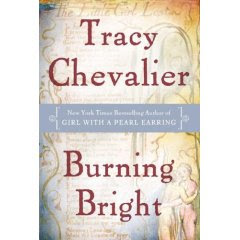
I'll never be able to summarize this book properly, so I've copied excerpts from the publisher:
Consumption is a haunting story of a woman’s life marked by struggle and heartbreak, but it is also much more. It stunningly evokes life in the far north, both past and present, and offers a scathing dissection of the effects of consumer life on both north and south. It does so in an unadorned, elegiac style, moving between times, places and people in beautiful counterpoint. But it is also a gripping detective story, and features medical reportage of the highest order.
Consumption is tuberculosis, an illness previously unknown among the Inuit that wrenches Victoria from her home as a child, changing her family relationships, her outlook on the world and her entire future. As such consumption is a harbinger of the diseases of affluence, such as diabetes and heart disease that come to afflict the Inuit over the four-decade span of the novel. Consumption also defines the culture of post-industrial, urban North America, captured here through Keith Balthazar’s troubled relatives in New Jersey. And when the diamond mine opens in Rankin Inlet, its consumption of northern natural resources seems to symbolize Canada’s relationship with the Arctic and southern encroachments on the Inuit way of life. Consumption is a sweeping novel, of the kind one rarely encounters today: it is an essential book for Canadians to linger over, learn from, and remember.
I don't always agree with publisher's assessments of a book, but I have to say that this one is pretty accurate. I found this book a little difficult to get "into", but it was well worth the read. It was really well-written and it was both a goood story and a insightful commentary about the north. I have not read much set in northern Canada, and so I am quite glad I read this book.
Joanne's Rating: 8/10




